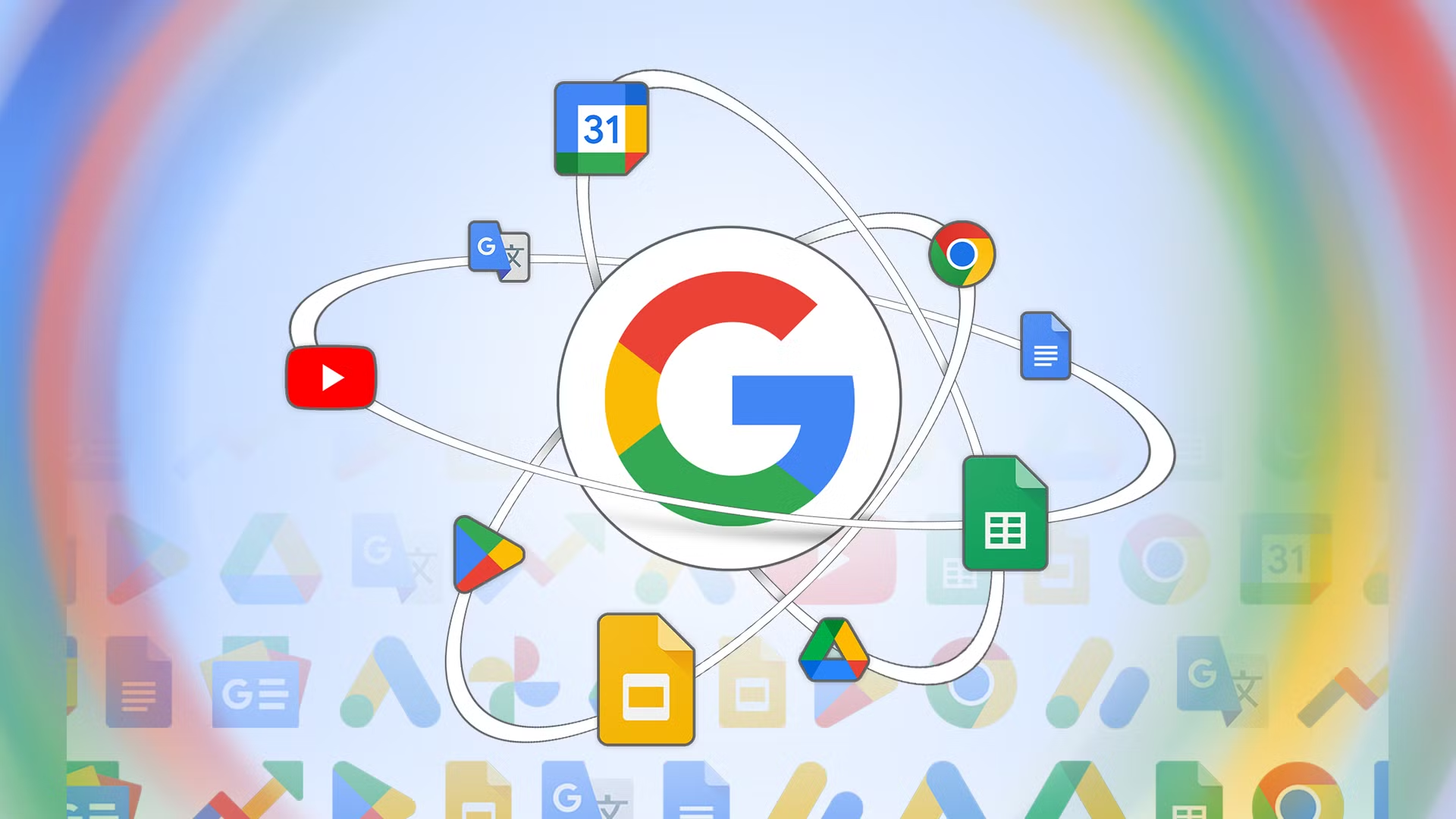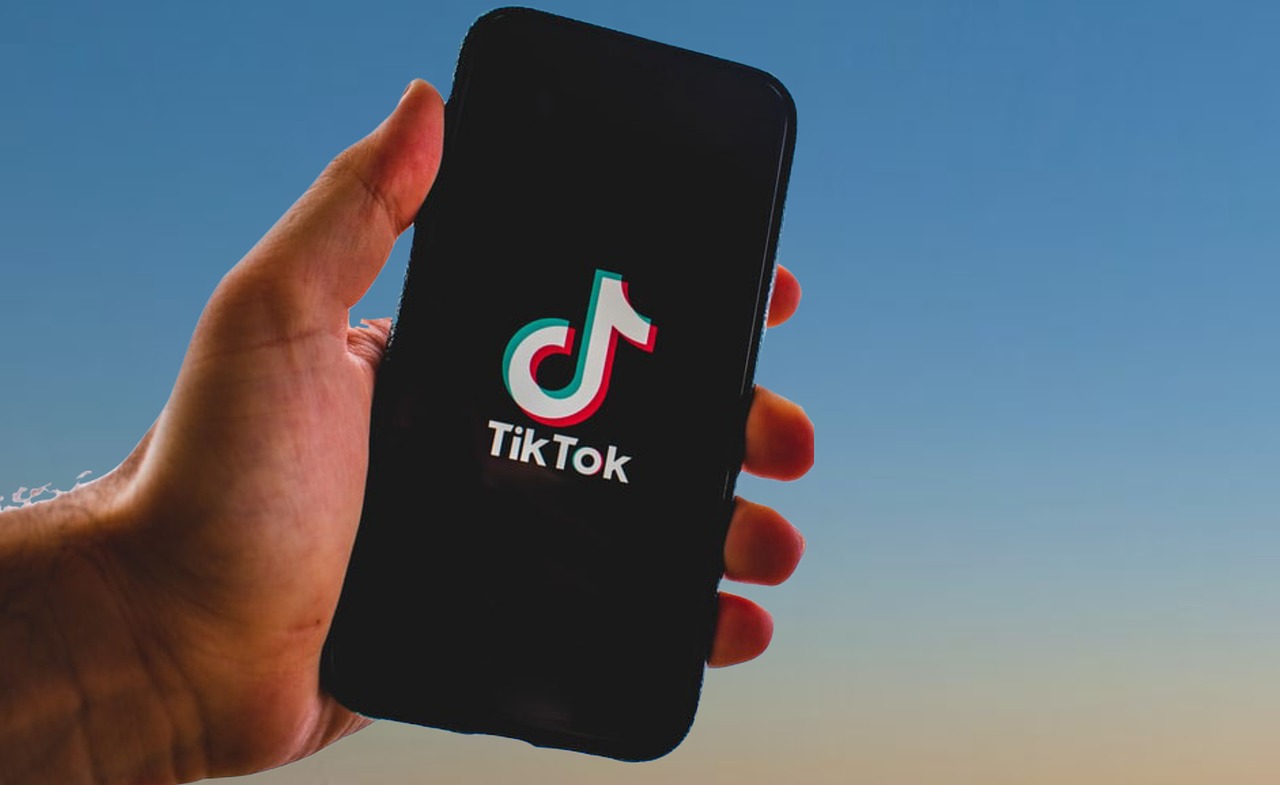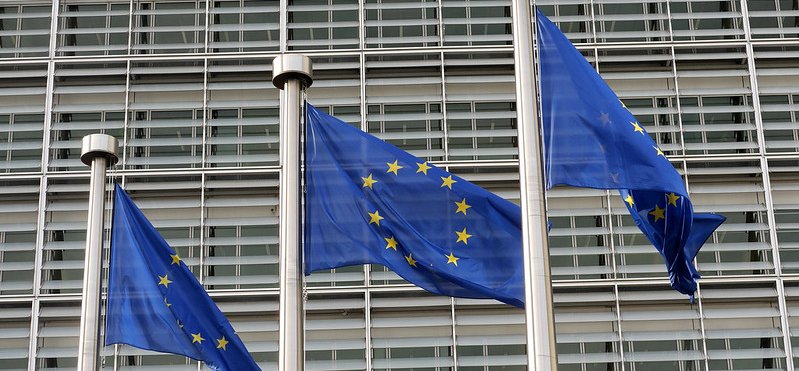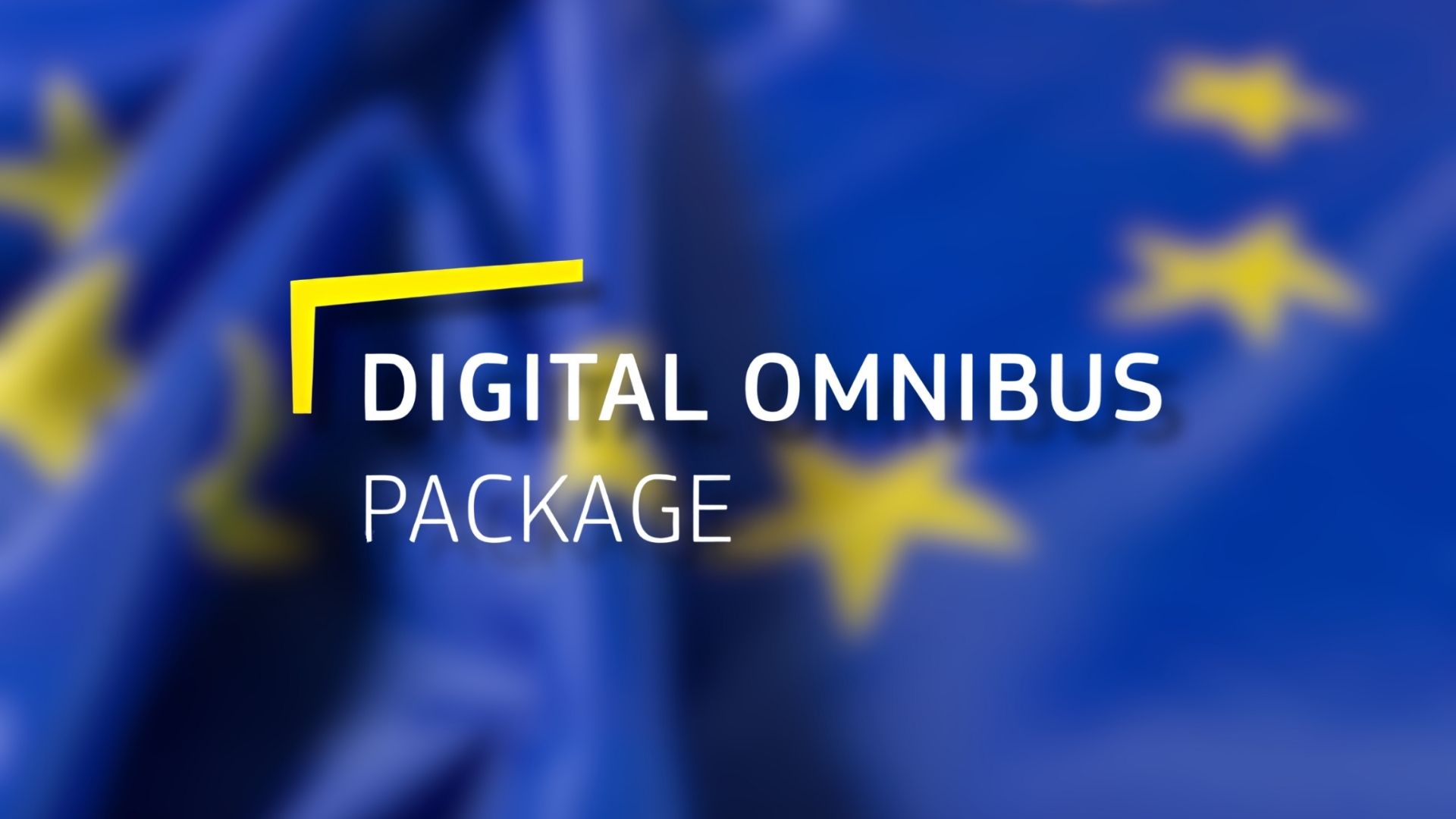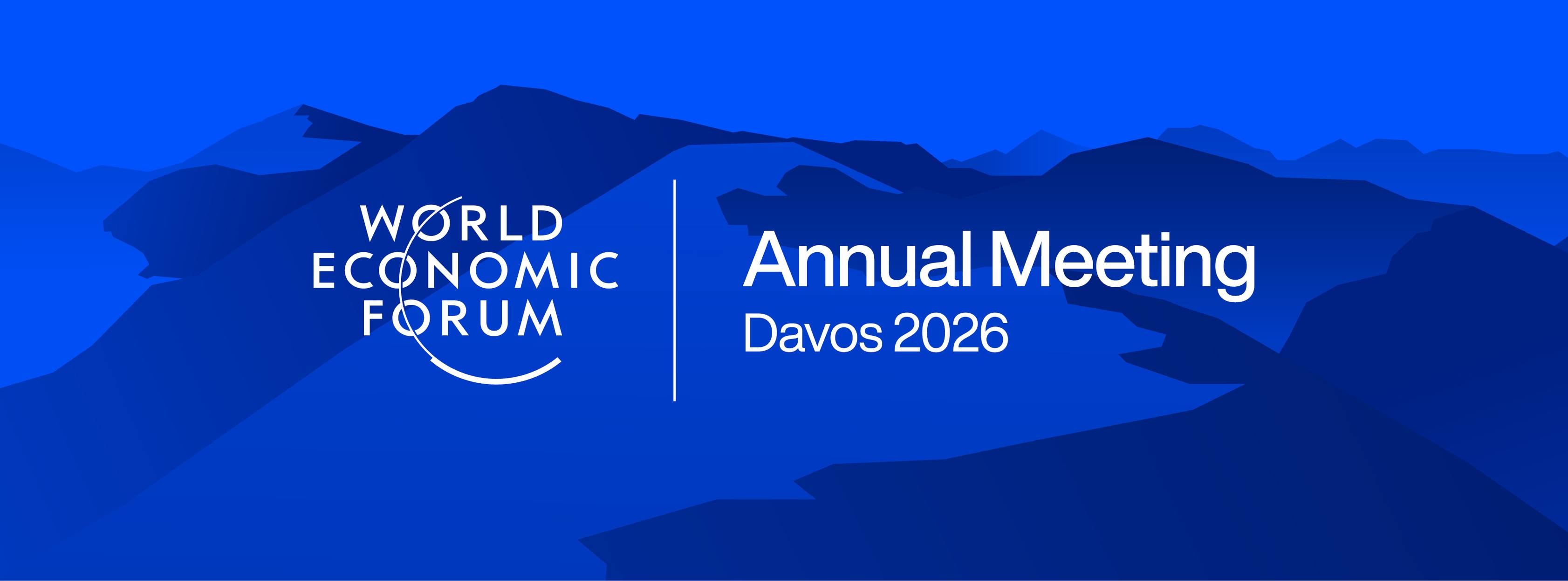Police in Japan have arrested a man accused of creating and selling non-consensual deepfake pornography using AI tools. The Tokyo Metropolitan Police Department said thousands of manipulated images of female celebrities were distributed through paid websites.
Investigators in Japan allege the suspect generated hundreds of thousands of images over two years using freely available generative AI software. Authorities say the content was promoted on social media before being sold via subscription platforms.
The arrest follows earlier cases in Japan and reflects growing concern among police worldwide. In South Korea, law enforcement has reported hundreds of arrests linked to deepfake sexual crimes, while cases have also emerged in the UK.
European agencies, including Europol, have also coordinated arrests tied to AI-generated abuse material. Law enforcement bodies say the spread of accessible AI tools is forcing rapid changes in forensic investigation and in the handling of digital evidence.
Would you like to learn more about AI, tech and digital diplomacy? If so, ask our Diplo chatbot!



